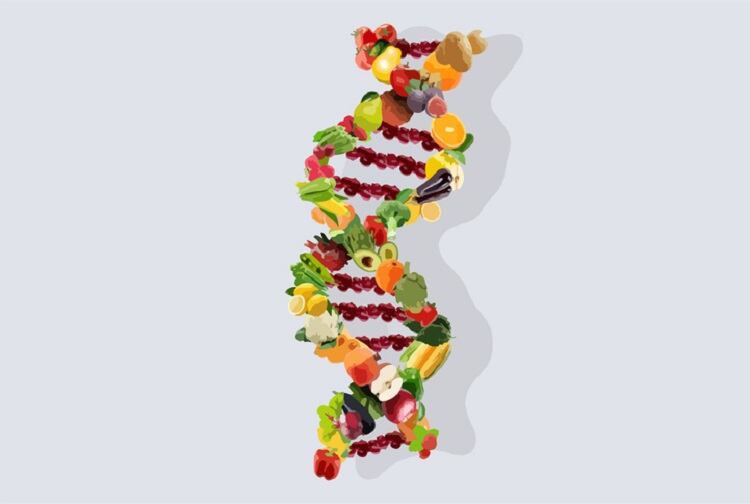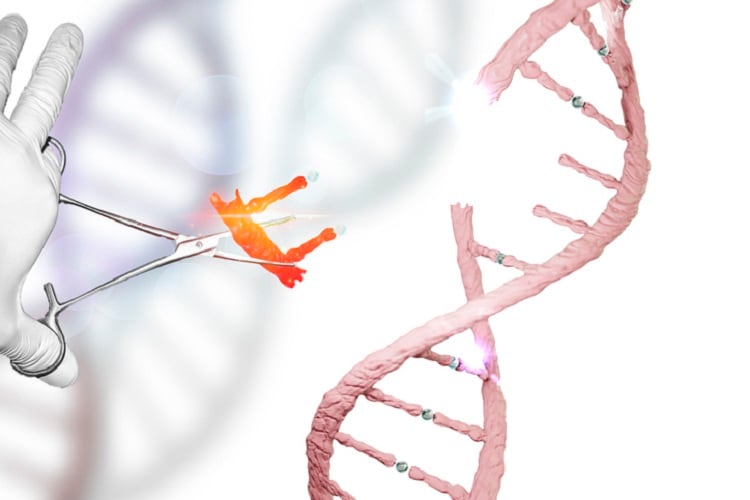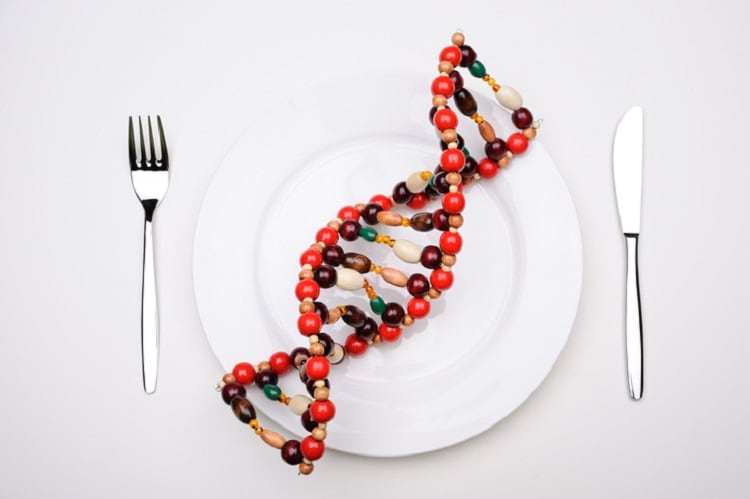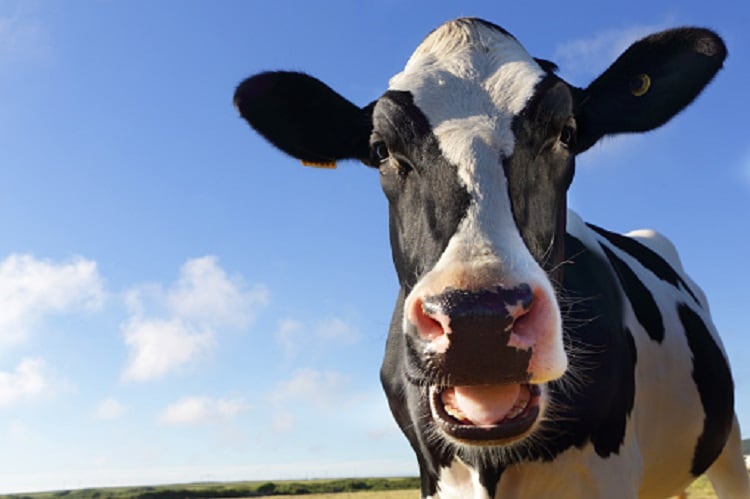Biotech company FEM2 (Food, Environment, Management)-Ambiente, a spin-off of the University of Milano-Bicocca in Italy, has developed DNA systems to improve safety and uncover food fraud.
The tools may also reduce the need for equipped laboratories and highly qualified personnel when inspecting food products.
The technology leverages DNA barcoding, which the company’s scientific director Valerio Mezzasalma told us can identify plant, animal and microbial species.
Since DNA can be extracted from species in a variety of formats, whether fresh, dried material, or product mixtures, the technique can be used as an identification tool or to trace the presence of contaminants, he explained.
“It will thus be possible to guarantee the quality and purity of the products placed on the market, increasing their safety and preventing food fraud.”
“DNA barcoding can be used to quickly track the presence of microorganisms or contamination that may pose a health risk. It can also prove the purity of raw materials, verify the composition of raw or processed products, and identify possible frauds.” – FEM2-Ambiente scientific director Valerio Mezzasalma
DNA barcoding tech in practice
In the agri-food sector, DNA barcoding can be used at different points along the production chain “as a guarantee and quality control tool for product safety, purchased and sold, adding value and excluding possible errors or fraud”, said Mezzasalma.
In practice, FEM2-Ambiente’s DNA barcoding service can be applied to products of animal origin, such as meat, fish and milk, to identify the species.
FEM2-Ambiente on DNA barcoding
The DNA barcoding technique is a particular genetic analysis based on the study of specific segments of DNA capable of uniquely identifying a species, just as a barcode uniquely identifies a particular product.
This is possible thanks to the fact that these genetic regions are highly characteristic because they are identical in all the individuals belonging to the same species and, at the same time, they are strongly different between different species.
The purity of plant-based products such as fruit, vegetables and spices can also be tested using the DNA barcoding technology, as well as processed foods.
Until now, DNA barcoding has been predominantly used in the fisheries industry, where cases of incorrect labelling are more commonplace, Mezzasalma explained.
“Genetic identification of species can be easily performed on these kinds of products, even processed, finished and packaged, thus ensuring control and excluding fraud and errors at different points in the supply chain.
“Furthermore, in the fishery sector this kind of analysis can provide information on the origin of the products as certain species are characteristics of specific territories.”
High-value produce, such as the costly spice saffron, has also attracted DNA barcoding applications.
“Through genetic analysis, producers can certify the purity of this spice and confirm the absence of adulteration. The genetic analysis in these cases is often decisive as sometimes the chemical analyses are not able to highlight any cuts with less valuable species such as turmeric,” Valerio continued.
'Verified DNA' branding
Beyond DNA testing, FEM2-Ambiente is also offering customers a ‘Verified DNA’ label to better inform consumers of the products’ quality and safety.
“Quality control is becoming a common attitude of consumers approaching the global market with an increasing interest in health and wellness,” Mezzasalma told FoodNavigator.
“In particular, they dedicate special attention to the origin and composition of goods.”
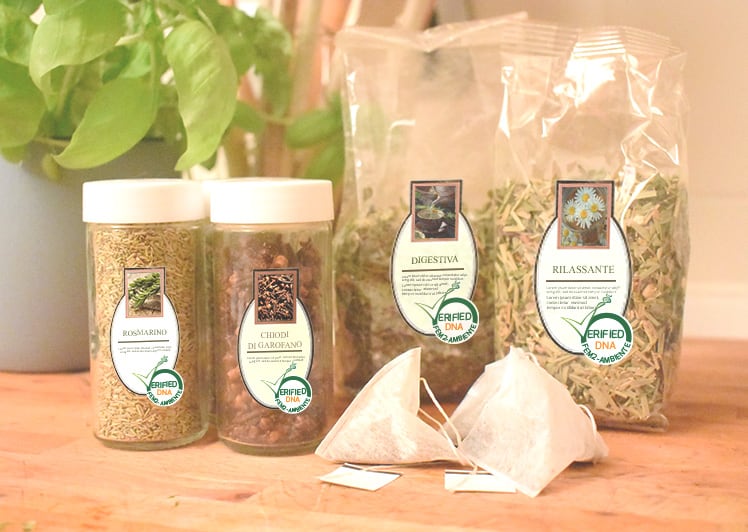
Securing the supply chain
While FEM2-Ambiente’s services can be employed to uncover fraud and labelling errors, the firm’s primary aim goes beyond the inspection of finished products, we were told.
“FEM2-Ambiente's objective is instead to provide companies with a tool to control the raw materials purchased and to enhance in the market the quality and purity of own products,” said Mezzasalma.
The firm’s ‘DNA in the supply chain’ project, initiated in 2018, adapted its DNA barcoding technique to the ‘real needs’ of companies.
In detail, the ‘DNA in the supply chain’ project allowed researchers to:
- Define the productive sectors in which the use of the DNA barcoding technique can be considered useful and beneficial;
- Define the most suitable points of the production chain for the application of the technique;
- Evaluate and define the timing based on the needs of the companies and the laboratory of analysis;
- To test in different situations the sampling and analysis methods of the different types of matrices;
- Evaluate the degree of interest of the companies for the results obtained and the possible impact on the market for genetically controlled products.
“It was thus possible to develop a useful, efficient and effective instrument able to ascertain the quality, purity and safety of the raw materials purchased and the products sold,” said Mezzasalma.


